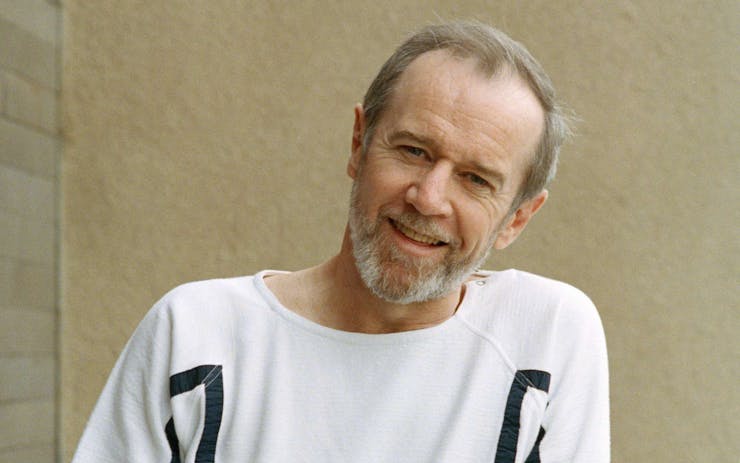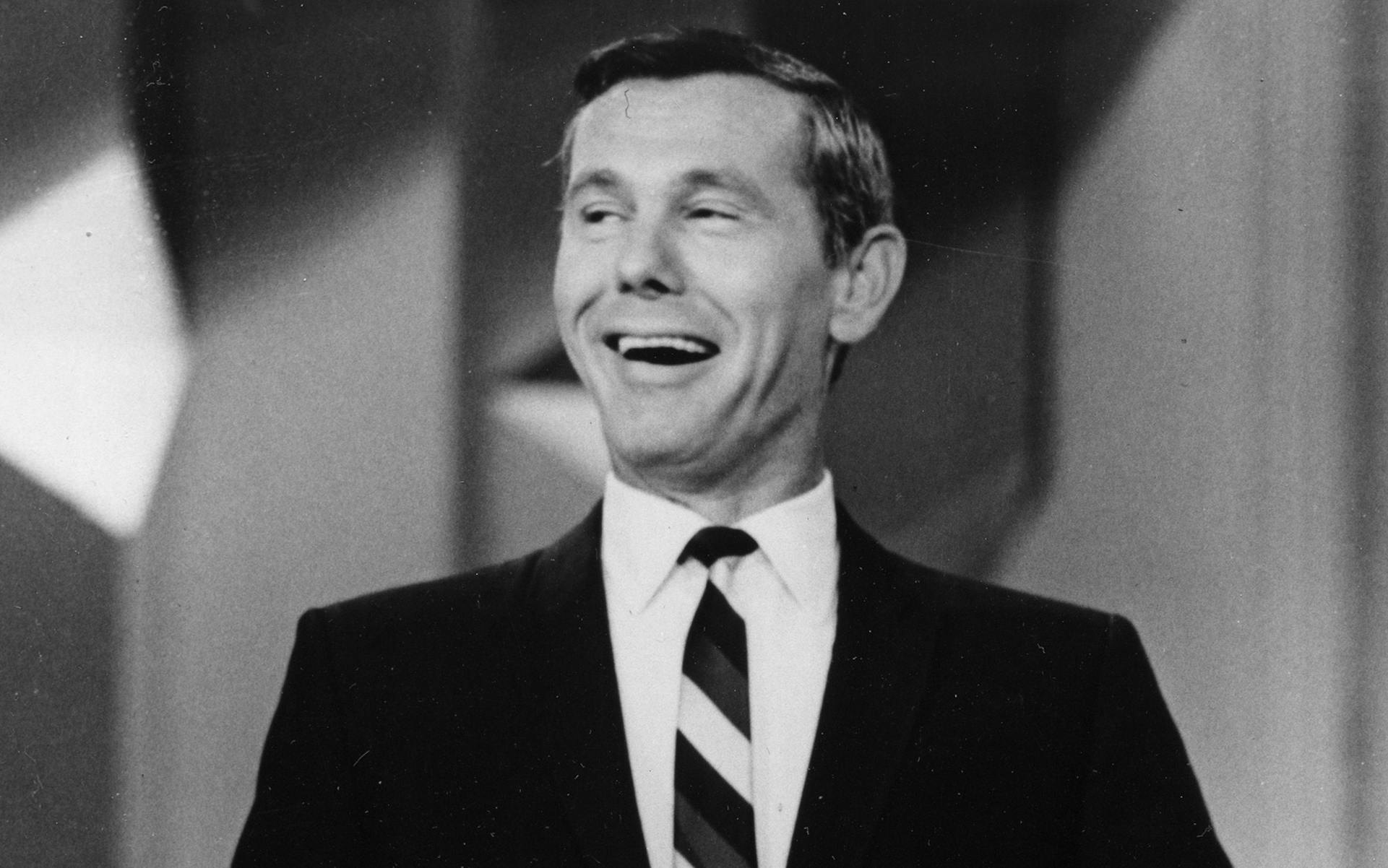George Carlin was one of America’s most important and influential comedians. His irreverent humor and sarcasm touched on many political topics and he was unafraid to broach even the most controversial issues with ease. May 12 would have been his 80th birthday, and in honor of the late great comic, let’s enjoy the unabashed taste of the best comedian of the 20th century (who was also no stranger to cannabis).
Aside from his role in comedy, George Carlin was a free thinker, a philosopher, and a vocal social critic known for his bold opinions and no-holds-barred stand-up routines. One of his most famous routines revolved around the “seven dirty words” you can’t say on television, which famously earned him an obscenity charge in Milwaukee, Wisconsin in 1972.
Carlin had a long and storied relationship with marijuana. Growing up in New York, he found that it was easily procured on the street and thus, he started smoking at a young age. In a famous interview with Playboy, he recounted his first experiences with cannabis:
“In my neighborhood—West 121st Street in New York, ‘white Harlem’—there were only two drugs: smack and marijuana. By the time I was 13, some friends and I were using marijuana fairly regularly…Heroin, forget it. In my neighborhood, I could see what heroin did firsthand and I was definitely afraid of that number.”
He dropped out of school in 9th grade and joined the Air Force, where he was court-martialed three times–once for smoking a joint and crawling into a B-47, where he promptly fell asleep. Unsurprisingly, his Air Force career was short-lived and he was kicked out in 1955, just a year after joining. (Although, he later noted, he was proud to have been generally discharged instead of dishonorably discharged.)
He smoked joints regularly for 30 years, and enjoyed the process of rolling marijuana into a joint. “The ritual was very important to me: cleaning the pot, rolling the pot—I was never a pipe or bong man.” He was a true cannabis connoisseur and wasn’t shy about sharing this fact, stating, “I’d wake up in the morning and if I couldn’t decide whether I wanted a joint or not, I’d smoke a joint to figure it out. And I stayed high all day long.”
Carlin made no compunctions about “smoking grass,” as he called it, and even credited it with saving him from alcoholism and his eventual cocaine addiction.
During the 1970s, Carlin abused cocaine daily on the road performing stand-up, and it caught up with him; after he quit, he had the first of three heart attacks. In 1975, he was the very first host of Saturday Night Live, performing his routine and introducing the show’s musical guests, but later recalled almost nothing of the performance due to being “loaded on cocaine all week long.”
“Grass probably helped me as much as it hurt me. When you’re high, it’s easy to kid yourself about how clever certain mediocre pieces of material are. But, on the other hand, pot opens windows and doors that you may not be able to get through any other way,” Carlin mused. “Being a very bound-up, Irish Catholic tight-assholed person, I’ve often thought that whatever negative effects pot had on me, it probably saved me from being an alcoholic and a complete fucking brainless idiot by the time I was 25.”
Although he was a daily cannabis consumer for 30 years, by the mid-1980s, the luster had worn off and his cannabis use tapered off, but he remained open-minded about pot. His speculation on the reasons for cutting back on marijuana was based on the same logic he used for all drug use: “The enjoyment has been diminishing.”
In an interview with Jon Stewart, he discussed the trials and tribulations of using drugs, saying, “Drugs are wonderful when you try them first, they haven’t been around for all these millennia for no reason.”
“First time, mostly pleasure, very little pain. Maybe a hangover. And as you increase and keep using whatever it is, the pleasure part decreases and the pain part–the price you pay–increases,” he sagely advised Stewart.
https://www.youtube.com/watch?v=oj5Sd3BRm_I
“I quit using drugs, except for pot. I always have a joint somewhere–it might be hidden.” The audience roared with laughter. “And I hardly touch it, maybe once a month, but when I’m writing something perfectly sober, eight or nine pages. The next day, one hit–that’s all I need now,” he said with a sly wink.
“One hit, and it’s punch-up time,” he mimicked typing furiously. “And you do find, with that judicious use, some value in it. But most of the things we use don’t let you leave them alone,” he remarked ruefully. “Pot does, and thank goodness for that.”






